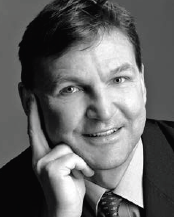Middle East Expert Consulting
Crises, conflicts, corruption, religious quarrels and authoritarian governments all have a major impact on the conditions in Iraq, Iran and several other gulf countries. The result is a minefield, difficult to maneuver and challenging to navigate. Only those, who have done their homework and know the opportunities and limitations of conflict management, can make smart decisions and strike the right note. Explaining correlations, improving inter-cultural communication and helping to develop an understanding for project risks as well as chances, that is what Wilfried Buchta’s Middle East Expert Consulting is all about. With creativity, passion and my 30-years of experience, I am able to offer a service portfolio that is tailored to your specific needs and circumstances.
What am I offering?
What can I do for you?
Examples from my service portfolio


